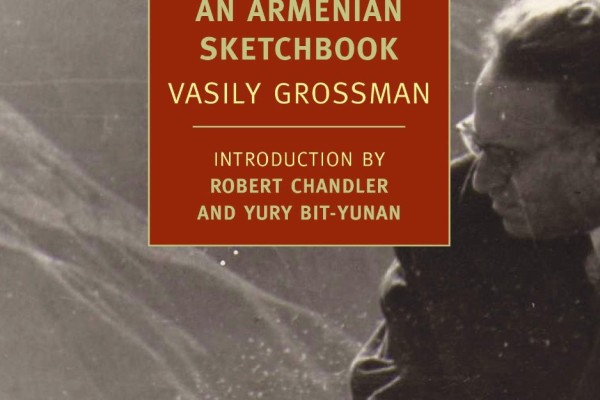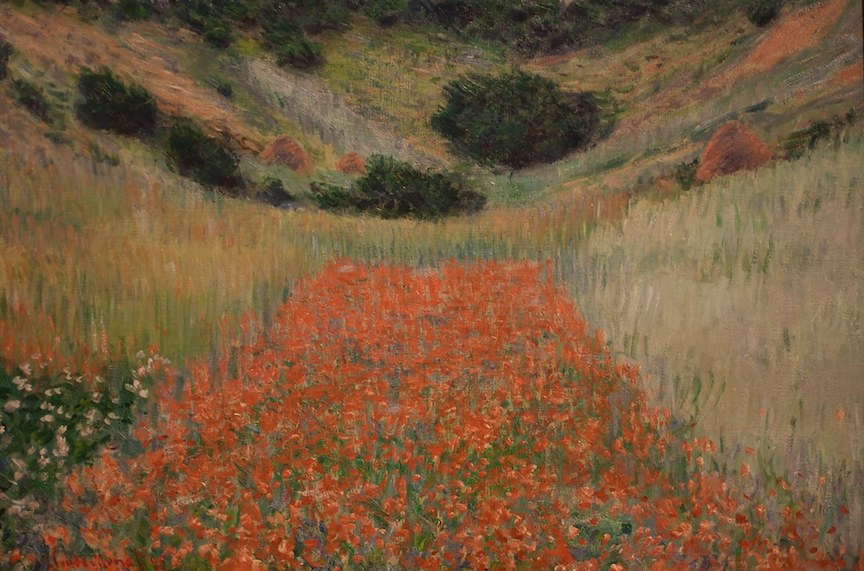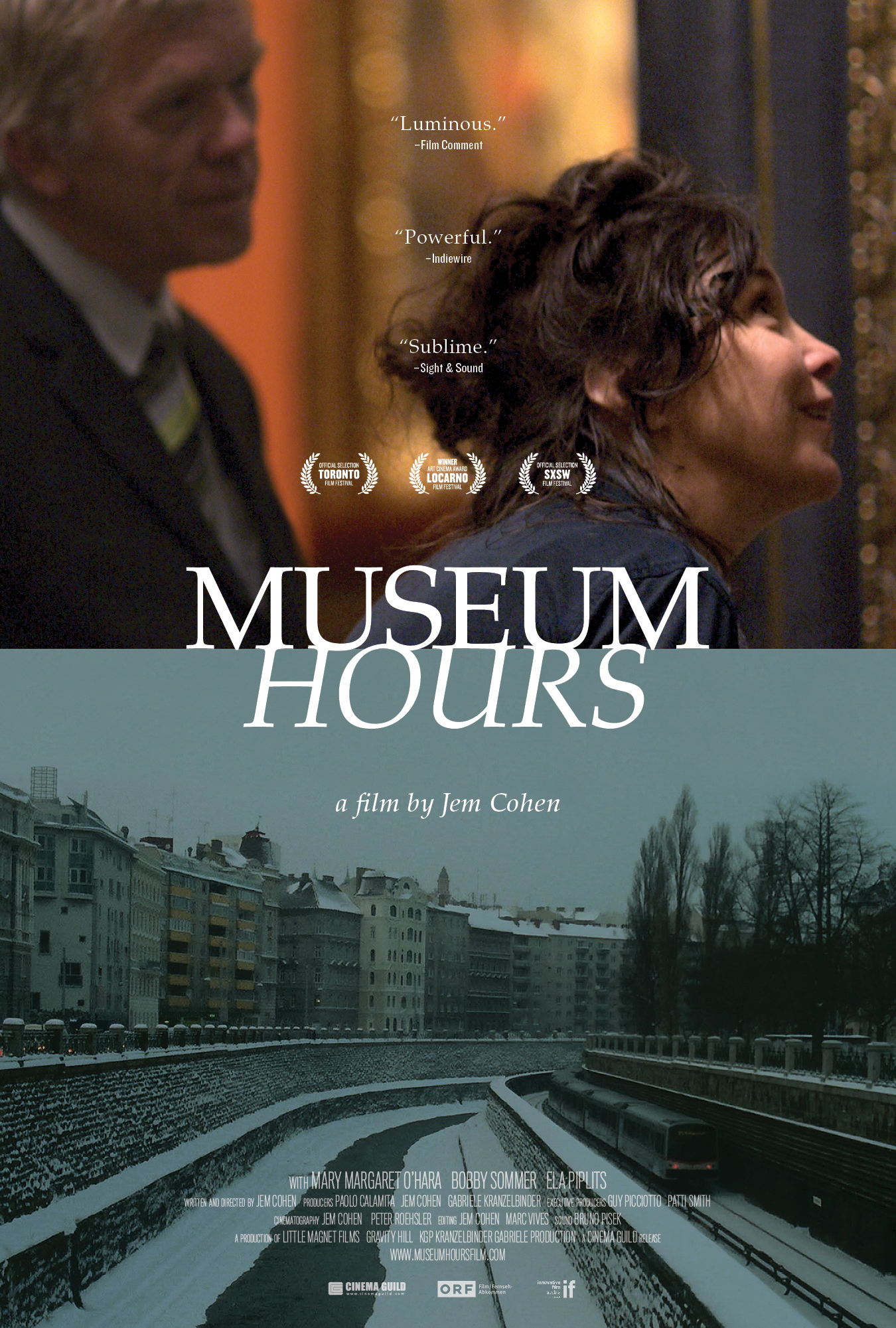Interview with Chris Edling
In 1962, Soviet writer and journalist Vasily Grossman traveled to Armenia to translate a novel that did not need translating. The Children of the Large House, by Armenian author Rachiya Kochar, had already been published in Russian twice during the 1950s. Furthermore, Grossman – whom Martin Amis once called “the Tolstoy of the USSR” – did not speak Armenian, meaning he would primarily be working from a prior translation himself. The resulting edition (produced in collaboration with Kochar) was longer than the original, with altered scenes and an entirely different ending – more a rewrite than a faithful translation.
Grossman’s seemingly unlikely edit of Kochar’s novel yielded benefits for all parties involved: for Kochar, the name credibility of an important Soviet writer; for Grossman, a paycheck and respite from Moscow, where his health had been failing and his marriage falling apart. The translation job probably also benefited Soviet literary authorities, who may have been looking for a way to keep Grossman quiet following the KGB’s seizure of his magnum opus, Life and Fate, the previous year. Additionally, the gig gave Grossman the chance to write a book of his own: a memoir about Armenia, now artfully translated into English for the first time by husband-and-wife team Robert and Elizabeth Chandler under the title An Armenian Sketchbook.
A veteran translator of such writers as Alexander Pushkin, Sappho, and Guillaume Apollinaire, Robert Chandler has previously translated several of Grossman’s works into English, including Life and Fate. Below, he shares some observations and anecdotes from the trenches of literary translation.
An Armenian Sketchbook is not your first Grossman translation. Does the task of translating an author change as you translate more of his/her work?
This depends on the writer. Grossman wrote better and better throughout his life. Some of the more discursive passages in his earlier works – and even in Life and Fate – are unnecessarily wordy; I sometimes edited out repetitions. His last short stories – the ones we included in the third section of The Road – are perfectly written; there is nothing in them that could possibly be omitted. An Armenian Sketchbook lies in between.
How does collaborating with an author change the task of translation?
During the course of translating Hamid Ismailov’s The Railway, I emailed Hamid at least four or five hundred questions in a single year. And he and I (and sometimes my wife) also spent many enjoyable hours together, discussing everything from his childhood in Uzbekistan to obscene jokes, political slogans and Sufi literature. During these discussions, Hamid sometimes came up with vivid and interesting explanations that I wanted to include in the English text of the novel; Hamid invariably agreed. Hamid has himself done a great deal of translating, so he was unfailingly generous and accommodating. He understood that sometimes I needed to take liberties with the literal meaning in order to reproduce something of deeper importance. This happened most often with humor, which is, of course, what most often gets lost in translation. There were many comic moments in his novel that came to life in English only after patient but determined coaxing. We speak of jokes being “barbed” or “pointed,” and jokes do indeed have something in common with darts or arrows. If a joke is to survive the journey into another language, if it is to hit the mark even when its cultural context can no longer be taken for granted, its point may need to be adjusted or somehow re-sharpened.
You write that Grossman’s version of the Armenian book he edited had significant changes from the original version. Was this common practice at the time?
In the Soviet Union it was very common indeed, and still more so with poetry. Because of the dominance of Russian, and because so many of the best Russian poets were working as translators, a translation often became more important than the original poem. Maurice Friedberg, in his book about literary translation in Russia, tells a delightful story about the émigré Russian writer, Sergey Dovlatov. In the Kalmyk city of Elista a local poet presented him with what he said was a literal version of a short poem of his: “I love my steppes. I love the sun. I love my collective farm’s sheep. But most of all I love the Communist Party.” When Dovlatov said he would like to hear the original in order to get a sense of the poem’s sound, the poet confessed that there was no original, only this “literal version.”
Is this common practice today? How much of translation is, in fact, editing?
This depends what you are translating, and who for. If I were translating a verbose and badly written historical textbook, I might well decide to edit out unnecessary repetitions and circumlocutions. When I am translating a masterpiece – one of Grossman’s last stories, or the stories and novels of Andrey Platonov – I try to be as faithful as possible to every aspect of their work. With Platonov, above all, every repetition – and every unexpected word – is there for a reason.
What were Grossman’s own feelings about working as a translator?
Grossman evidently found it a tiring and frustrating business. Near the end of his stay, he wrote in a letter, “I’m so exhausted that, apart from nervous upset and a senseless desire to weep, I feel nothing at all. It’s as if everything has come loose inside me. There have been sharp words between me and my client. He is no fool; he understands that I have helped him, but at the same time he can’t help hating me – like a wild animal that has fallen into the clutches of Doctor Moreau. And Doctor Moreau truly has cut him up and crumpled him a great deal and taken him several steps up the ladder of literary evolution. But he, of course, finds this painful: ‘Where’s my hair? Why’s my tail been chopped off?’ And, at the same time, he’s pleased.”… But Grossman was, at this point, deeply exhausted and suffering from a cancer that had not yet been diagnosed. And the writer he was translating was not a truly great writer. My experience of translating Grossman and Platonov certainly has nothing in common with Grossman’s own experience of translating!
—
Chris Edling is an MFA degree candidate in Creative Nonfiction at Columbia University.



